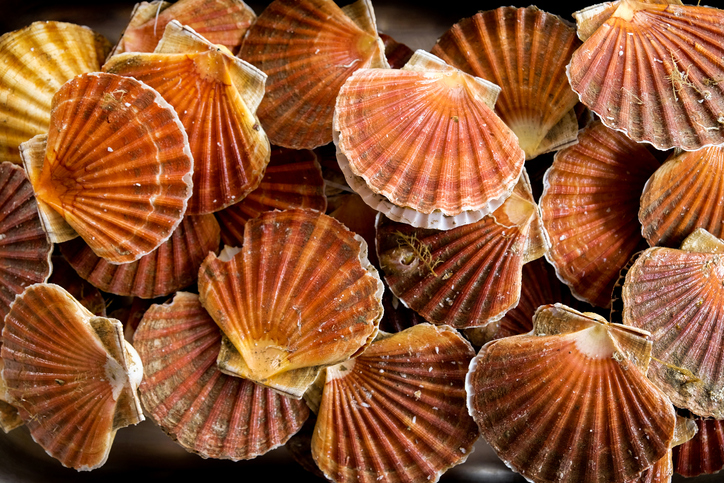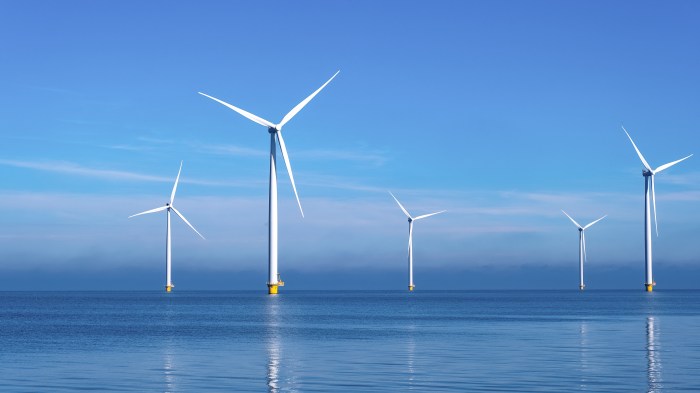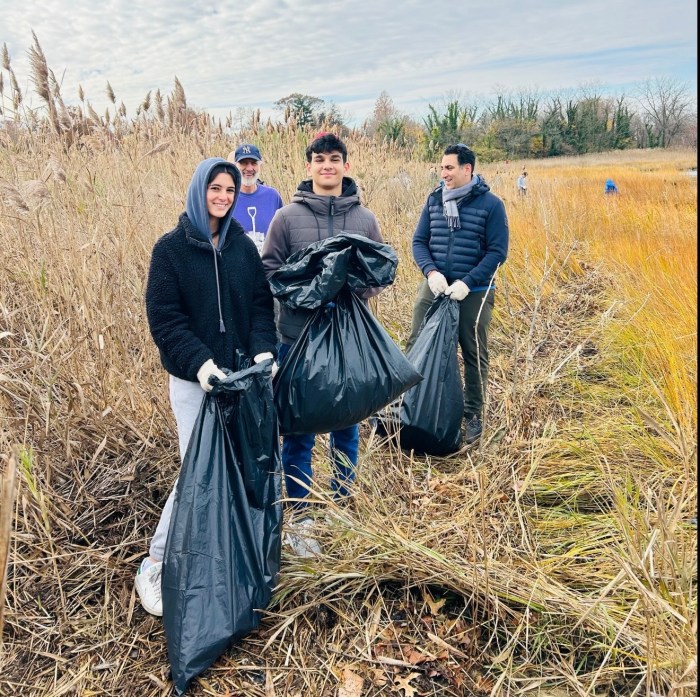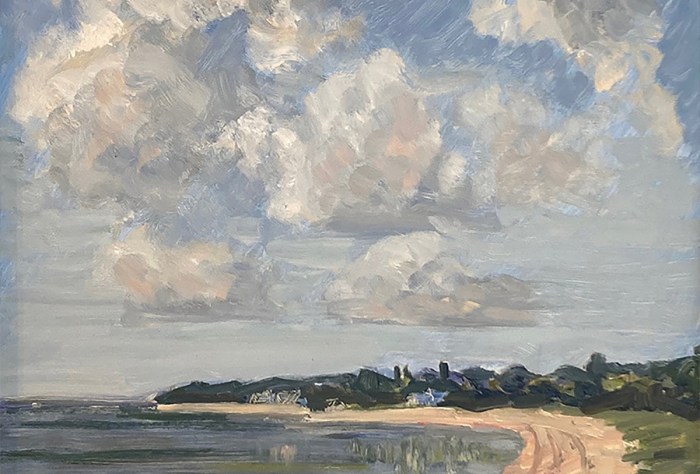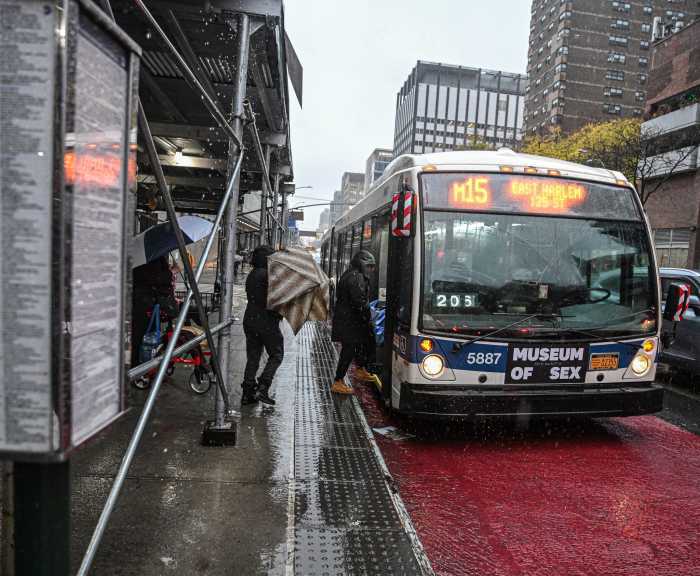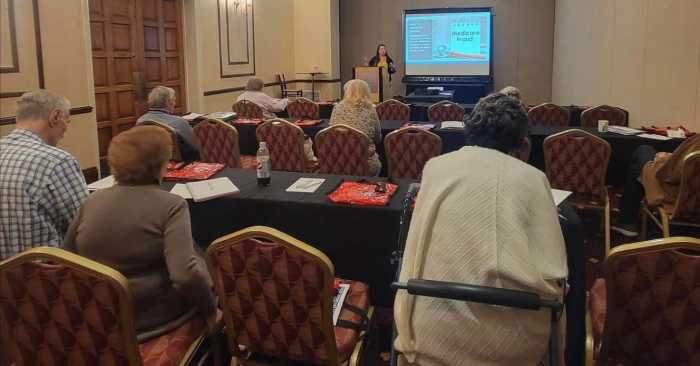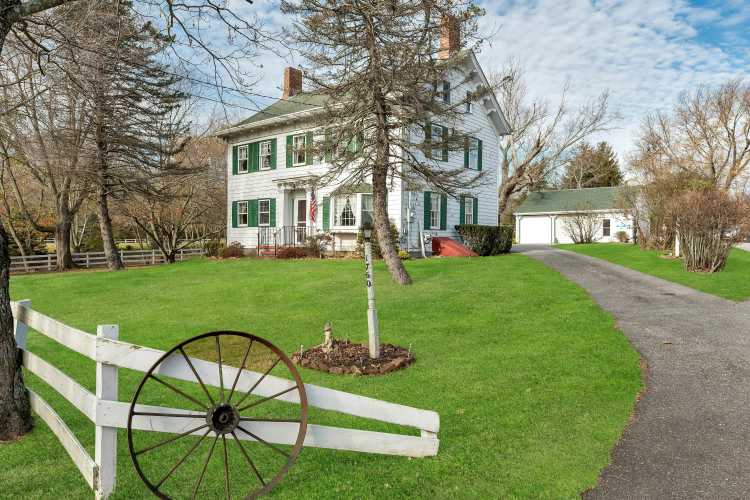Baymen who ply the waters off the East End suffered a major blow to their harvests when most adult Peconic Bay scallops died off last year and this harvest season, which started Monday, looks equally unpromising, experts say.
Concerns are growing over the lack of adult bay scallops found in Town of Southampton bays. Biologists from the Cornell Cooperative Extension (CCE) say that most Peconic Estuary scallops died this summer. Rising water temperatures and a parasite found in the kidneys of adult and juvenile scallops are believed to be the cause.
“The discovery of a protozoan parasite in bay scallops from Peconic Bays represents a significant threat to this commercially important fishery,” Commissioner Basil Seggos of the Department of Environmental Conservation said.
This summer, Dr. Stephen Tettelbach, a shellfish ecologist from the CCE, and his researchers found similar indicators of issues that led to the deaths of the previous scallop population. Surveys conducted showed that 95 percent of the bay scallops died last year. Officials hatched a plan to try to restore the scallop fishery.
“We will continue to lead innovative programs to improve water quality and restore valuable shellfish populations,” Gov. Andrew Cuomo stated in a letter issued to the U.S. Department of Commerce last year.
But the issue goes beyond water quality. Ecosystems are rapidly changing as a result of climate change, according to the Peconic Estuary Partnership. Warmer ocean temperatures are more susceptible to the harmful effects of nutrient pollution, the excessive input of nutrients such as nitrogen and phosphorus in bodies of water, another concern for scientists and baymen.
The impact will certainly be felt immediately in the local economy, hitting baymen who work the waters harvesting the prized scallops during the winter season, markets that sell them and numerous restaurants who have eager clientele awaiting the arrival of bay scallop dishes on menus. As for the future, while studies are underway to discover more about the cause, this may well serve as a warning of larger, long-term environmental issues facing local waters.
Recreational scallop harvesters must wait until Nov. 8 in East Hampton town waters, and commercial harvesters there can’t begin until on Nov. 9.
-With Dan’s Papers




